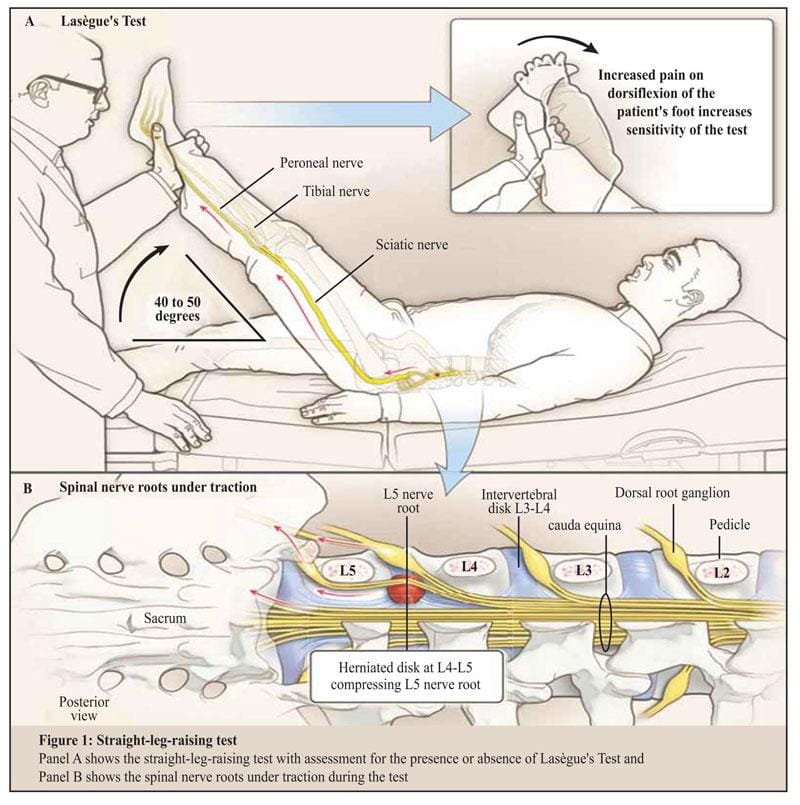Amniotic fluid is extremely crucial for a pregnant woman. The baby keeps growing in the amniotic sack filled with amniotic fluid. Often during pregnancy, some woman suffers from a syndrome called polyhydramnios or excessive amniotic fluid. It is generally harmless. But you need to be careful, because, it may lead to some major complications during your pregnancy.
Cause
The main cause of it is still unknown. A major section of women suffers from mild polyhydramnios. Probable symptoms are-
- The high amount of amniotic fluid is often caused if the baby is unable to swallow properly. A baby drinks this amniotic fluid and then urinates it back to keep the balance. If the baby cannot swallow it then the mother may suffer from too much amniotic fluid.
- If the baby has Rh-positive blood and the mother has Rh-negative blood then the baby may be born with severe anemia. This also causes polyhydramnios.
- In the case of twin babies, one baby may get excessive amniotic fluid while the other one receives less. It is also a factor that causes high amniotic fluid.
- Maternal diabetes is another main cause. If the mother has diabetes then her high blood sugar level may trigger polyhydramnios.

Symptoms
In the case of mild problems, the pregnant woman may not feel any symptoms. This can happen in the early trimester( 16 weeks ). Although, in most cases, polyhydramnios occurs during the later time in pregnancy. But there are some general symptoms for this syndrome-
- Swelling in the abdominal portion
- Swelling of Vulva
- Breathing becomes difficult
- Less amount of urine
- Constipation
- Burning sensation in your heart
- Feeling of tightness in the belly
Treatment
If you are diagnosed with polyhydramnios then doctors monitor you closely during pregnancy. They monitor the baby’s heartbeat and the growth rate of the baby for further follow-up. So you may have to undergo an ultrasound test more than one time.
Usually, mild polyhydramnios does not require extra treatment and they are cured with time. But if the amount of amniotic fluid becomes excessive doctors prescribe treatments. Of a woman feels symptoms like premature labor pain, breathing problems and severe abdominal pain she must visit her doctor immediately for treatment.
Medication
Doctors prescribe medicines that cure this problem. If the treatment starts before 31 weeks doctors usually prescribe indomethacin to regulate the level of amniotic fluid production and fetal urine production. But this medicine can affect the heart rate of the baby. So, doctors prescribe echocardiogram tests for further monitoring.
Surgical Method
In many cases, the doctors may suggest removing the excess fluid, Placentitis to take out excessive amniotic fluid by a syringe. But, this process has its own shortcomings. Often the treatment of pre-existing diseases like hypertension, diabetes, can cure an excessive amount of amniotic fluid. But, there are other methods as well. There are risks of premature labor, rupture of membranes. But, this happens seldom. So, you do not need to worry.
Therefore, it is clear that some women may suffer from the syndrome of excessive amniotic fluid or polyhydramnios during their pregnancy. It is harmless in most cases. Proper medication and treatment can cure it. It is not life-threatening. But if you have this or you have some of the symptoms it is better to consult your doctor for further treatment. Because of a healthy mother gives birth to a healthy baby.
Discover more from Shout Me Crunch
Subscribe to get the latest posts sent to your email.






![Wish Ex a Happy New Year [2025] Wish Ex a Happy New Year](https://www.shoutmecrunch.com/wp-content/uploads/2022/12/Wish-Ex-a-Happy-New-Year.jpg)
